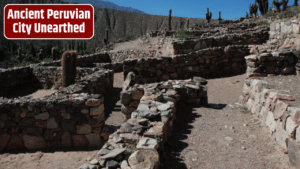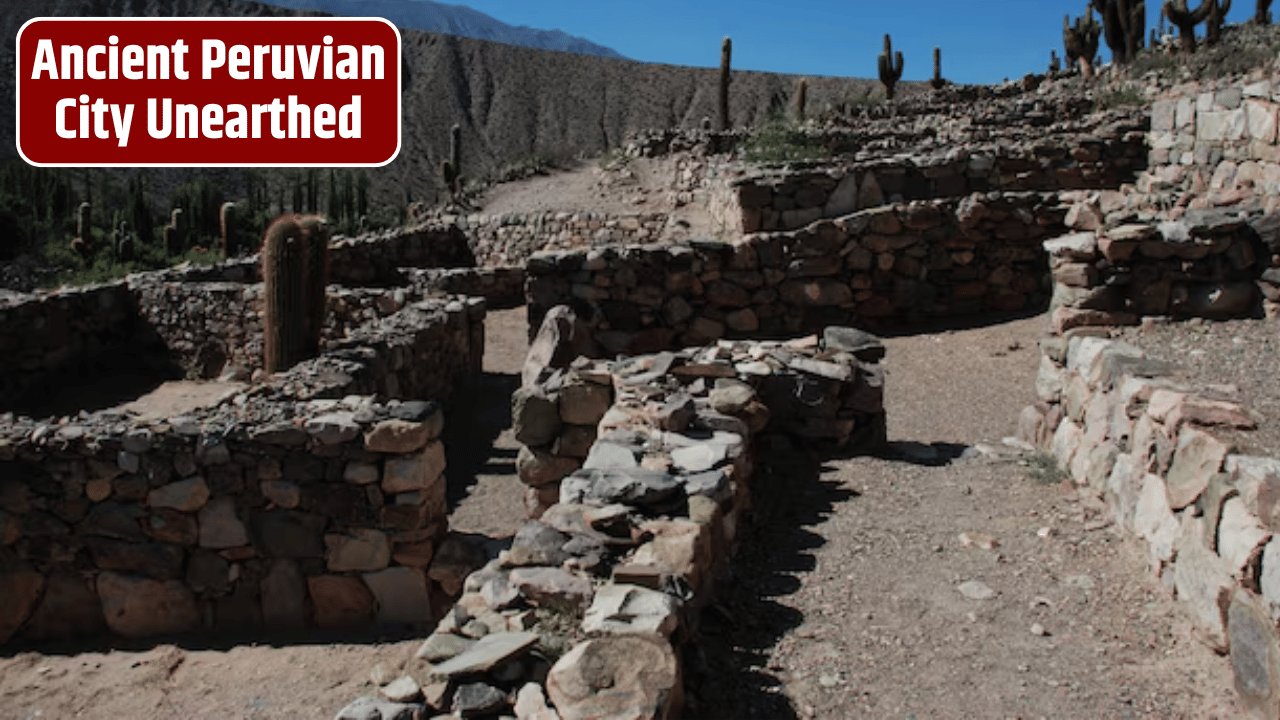For decades, Africa’s role in space was written in the footnotes of history—supportive, essential, but often overlooked. From ground tracking stations in Zambia and Nigeria that helped NASA’s Apollo missions reach the moon, to weather monitoring sites scattered across the continent, Africa was always part of the story. It just wasn’t given a headline.
That’s changing fast. Africa is no longer a silent partner orbiting on the sidelines—it’s carving its own trajectory through space, one satellite, one collaboration, and one data-driven solution at a time.
From Apollo to AfSA: A Legacy Comes Full Circle
When Neil Armstrong took that “giant leap for mankind,” communication links from Earth to the lunar module relied on facilities in places like Kano (Nigeria), Hartebeesthoek (South Africa), and Asmara (Eritrea). Without those African nodes, the Apollo program’s global tracking network would’ve had critical blind spots.
As Temidayo Oniosun, founder of the Lagos-based think tank Space in Africa, put it, “While the spotlight was on the astronauts, Africa played a role that went largely unrecognized.”
That legacy matters now more than ever. Africa’s modern space movement isn’t an imitation—it’s a continuation. Only this time, the continent is not just supporting someone else’s mission. It’s building its own.
Space for Survival, Not Show
While Western space programs chase deep-space exploration, Africa’s focus is pragmatic: using satellites to tackle urgent, Earth-based problems.
Satellite data helps monitor crops across arid regions, predict rainfall, track deforestation, and even detect illegal mining. Telecommunications satellites connect remote communities to schools, hospitals, and markets that were once out of reach.
It’s space technology with a purpose—designed for impact, not prestige.
As Olugbenga Olumodimu, space program manager at the University of Portsmouth, explains, “African space science is very niche. Satellites made for Europe or North America don’t always deliver the right data for the equatorial climate zones found across much of Africa.”
He’s right. For instance, solar storms—which disrupt power grids and radio signals in northern countries—can in Nigeria interfere with petroleum pipelines and GPS-based monitoring. African scientists contribute crucial data from this side of the globe, ensuring a more complete global understanding of space weather.
| Space Application | Local Impact | Example Countries |
|---|---|---|
| Agriculture Monitoring | Tracks drought, optimizes irrigation | Kenya, Ethiopia, Sudan |
| Connectivity & Telecom | Expands internet to rural areas | Nigeria, Rwanda, South Africa |
| Weather Forecasting | Early warnings for floods, storms | Mozambique, Madagascar |
| Infrastructure Protection | Detects pipeline & land shifts | Nigeria, Angola |
| Climate & Disaster Data | Monitors fires, deforestation, erosion | DRC, Zambia, Ghana |
The Birth of a Continental Space Agency
April 2025 marked a turning point: the inauguration of the African Space Agency (AfSA) in Cairo. This institution—long in the making under the African Union—brings together both “spacefaring” and “space-aspiring” countries.
Veterans like Egypt, Nigeria, South Africa, and Algeria are joined by emerging players such as Kenya, Ethiopia, Rwanda, and Ghana. The goal? Shared data, shared expertise, and shared sovereignty in orbit.
AfSA’s mission is to bridge the gap between these nations, helping smaller programs access the same technology, training, and data that the established ones enjoy. It’s an ambitious effort to make the African sky a collaborative commons rather than a competitive frontier.
Global Partners, Local Priorities
Africa’s space ambitions aren’t happening in a vacuum. Partnerships with Europe and China are shaping much of the current momentum.
The Africa–EU Space Partnership Programme, launched in 2025 with $117 million in funding, represents a major commitment to joint research and satellite operations focused on climate monitoring, agriculture, and connectivity. The EU brings advanced technology and funding; Africa brings regional data and innovation tailored to local realities.
Meanwhile, China’s investment in AfSA’s infrastructure—covering technical setup, training, and even satellite assembly facilities—illustrates the global stakes in Africa’s space development. These partnerships highlight a shift: Africa is no longer a consumer of space technology; it’s becoming a co-creator.
The Economics of Space
According to the Africa Center for Strategic Studies, African governments now spend over $500 million annually on space programs—a figure expected to double by 2030. Over 21 African countries have launched formal space programs, and 18 have successfully launched satellites.
Those satellites are not vanity projects. They generate data worth billions for sectors like agriculture, logistics, and energy. The continent’s geospatial economy is booming—estimated by Space in Africa to exceed $20 billion by 2026, driven by local innovation, not imported hardware.
Private startups are beginning to fill the gap too. From South Africa’s Dragonfly Aerospace to Nigeria’s SatView and Kenya’s SayariLabs, homegrown companies are designing satellites, offering Earth-observation analytics, and building small-scale rockets for launch services.
This is where Africa’s next great leap will come from—not from massive government programs, but from agile entrepreneurs turning orbital data into everyday solutions.
Collaboration Over Competition
In many ways, Africa’s model stands in quiet contrast to traditional space powers. Instead of competing for dominance, African nations are pooling data, sharing resources, and aligning priorities.
That cooperation—rooted in necessity—could become a model for other regions. As climate change, resource scarcity, and connectivity challenges grow globally, Africa’s “space for development” approach offers a blueprint for making high-tech innovation accessible and relevant.
AfSA’s role will be crucial here: ensuring equitable access to data, encouraging local capacity building, and nurturing cross-border research.
Beyond the Orbit: A Personal Reflection
I’ve always been drawn to the grandeur of space—the countdowns, the roaring launches, the silence of the void. But Africa’s space story hits differently. It’s not about rockets for the sake of rockets. It’s about farmers predicting rainfall, doctors connecting to remote clinics, and students learning from satellites orbiting 500 kilometers above them.
It’s about bringing space down to Earth.
In that sense, Africa’s space revolution may be one of the most human stories in modern science: a reminder that technology’s highest purpose isn’t exploration alone—it’s empowerment.
FAQs
What is the African Space Agency (AfSA)?
AfSA is a continental body, inaugurated in Cairo in 2025 under the African Union, aimed at coordinating and advancing Africa’s space programs.
How many African countries have launched satellites?
Eighteen countries have launched satellites so far, with more than 120 new launches expected by 2030.
What makes Africa’s space programs different from others?
They’re primarily focused on solving local problems—such as improving agriculture, disaster response, and connectivity—rather than human spaceflight.
Who are Africa’s main partners in space technology?
The European Union and China are key partners, providing technical support, joint missions, and funding collaborations.









